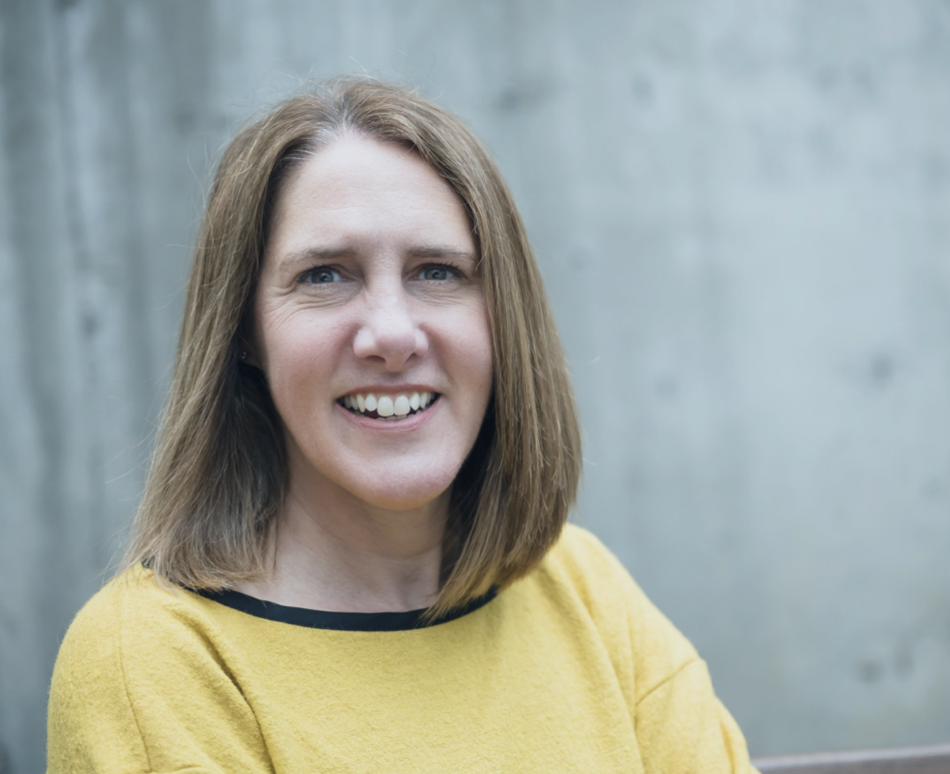
Metro Council President Lynn Peterson is facing a set of challengers on the May ballot. She was only joined by two of them at the Metro Council debates: Gary Dye, a consultant in the oil industry who is running on the platform that Metro should be reformed to the point of nonexistence (and doesn’t have a campaign website) and longtime urban planner Alisa Pyszka, who is Peterson’s realistic opponent.
So, who is Alisa Pyszka, and what are her stances on the region’s biggest issues?
Pyszka has worked as an urban and economic development planner in the Portland region for more than 25 years, with highlights including heading the Economic Development Division for the city of Vancouver, Washington, serving as the Vice President of Recruitment for Greater Portland, Inc. and founding the Bridge Economic Development consulting firm.
Pyszka’s platform hinges on the belief that Metro hasn’t been using its abilities wisely under Peterson’s tenure and that she is the better candidate for getting things done. She specifically cites her experience forming public-private sector partnerships as key to a thriving future for the Portland region, and says these collaborations need to be prioritized more, especially when it comes to housing development.
Because Pyszka is running against an incumbent, it’s hard to talk about her platform without digging into who she’s running against – and why she wants to change Metro’s status quo. Pyszka secured editorial endorsements from The Oregonian and Pamplin Media, both of which focus on two events they say blighted Peterson’s time in office.
The first of these is the homelessness tax measure Peterson pushed to include on the May 2020 ballot, which critics say hasn’t been spent wisely. As a result of this blowback, the controversial advocacy group People for Portland is attempting to put a new tax measure on the November ballot that would dictate a substantial amount of the money earned from this homelessness measure would fund emergency shelter services and anti-camping laws – a departure from Metro’s current “housing first” approach.
Advertisement
The second major critique of Peterson’s tenure is of how she handled Metro’s multibillion dollar transportation measure that would’ve funded the TriMet Southwest Corridor Light Rail Project, which failed at the ballot box in November 2020.
From Pyszka’s perspective, Metro can walk and chew gum at the same time when it comes to housing and homelessness. In a Pamplin Media interview, she said Metro “needs to outline strategic solutions that address immediate interim housing solutions in addition to permanent affordable housing.”
When it comes to transportation and infrastructure – which has not been Pyszka’s primary area of focus in her planning career – she says Metro’s “current approach to transportation planning is allowing piecemeal projects to happen with no desired outcome clearly articulated.” On her website, Pyszka says Metro should take an active leadership role on transportation projects, and needs to “make sure [the Interstate Bridge Replacement Project] is designed with minimal freeway expansion while continuing to serve the economic needs of the region.”
At The Street Trust-hosted Active Transportation Summit earlier this week, Peterson urged attendees to support three very controversial regional megaprojects: the I-5 Rose Quarter, Interstate Bridge Replacement, and I-205/Abernethy Bridge projects. All of these projects are freeway expansions, which Peterson says should be accompanied by congestion pricing in order to mitigate their environmental impact.
Pyszka says Peterson should be standing up to the Oregon Department of Transportation more aggressively, and supports a more expansive freeway tolling plan than what Peterson says she will compromise with ODOT on.
So why, then, has Pyszka failed to receive endorsements from the transportation activist set?
Peterson’s endorsement from The Street Trust’s Political Action Fund cites her expansive experience in the transportation field, saying “few leaders in the nation can boast a career in transportation spanning sectors, localities, and decades like Lynn.” They think she’s up for the job and will be on their side “in some critical efforts happening right now, including stepping up to lead on a regional congestion pricing strategy gone adrift and making sure the ‘IBR Solution’ across the Columbia River is a right-sized, VMT-reducing investment in our low-carbon future, not a gargantuan freeway expansion with sprawling interchanges that obliterates Vancouver’s waterfront along with our transportation coffers.”
So, even though her views on the current direction the region is headed in may not be as progressive as anti-freeway activists would like, Peterson has cultivated relationships in the transportation field for decades. Pyszka can’t say the same.
If neither candidate manages to secure more than 50% of the vote, the election will move to a runoff in November. With gears turning on several regional megaprojects, it will be interesting to see how/if they influence this race.

